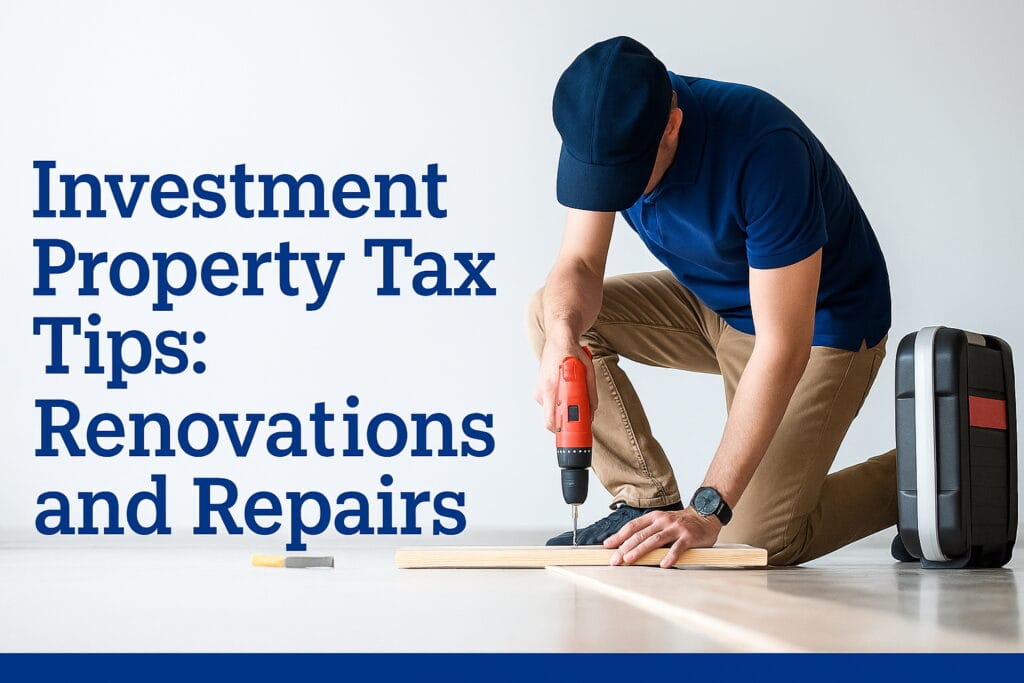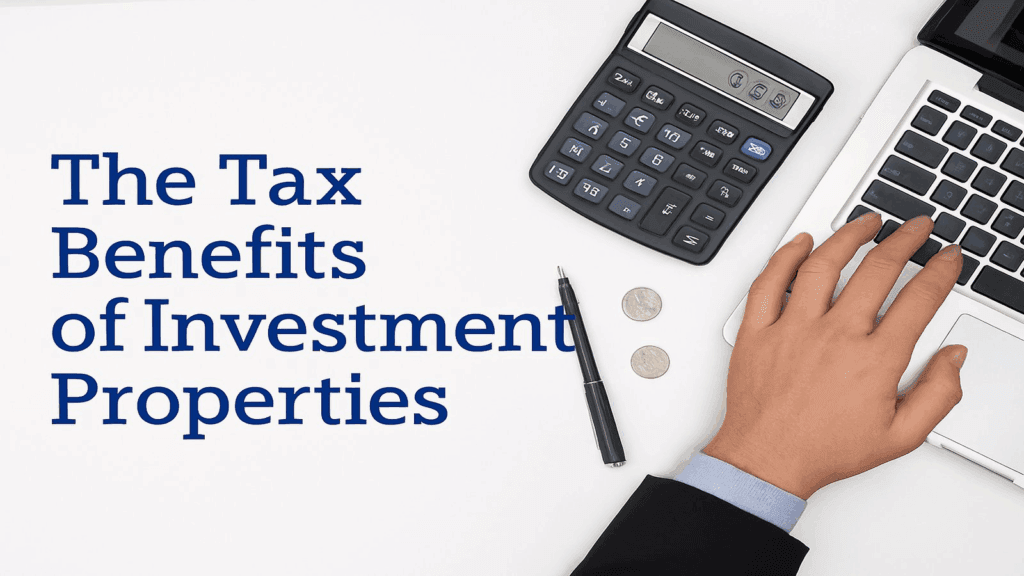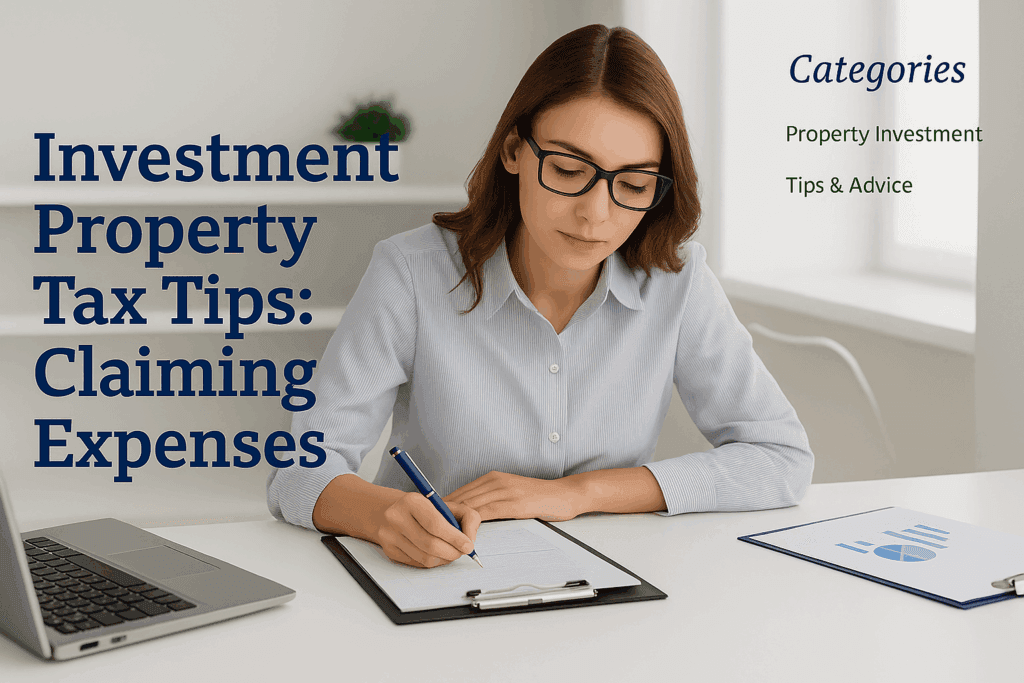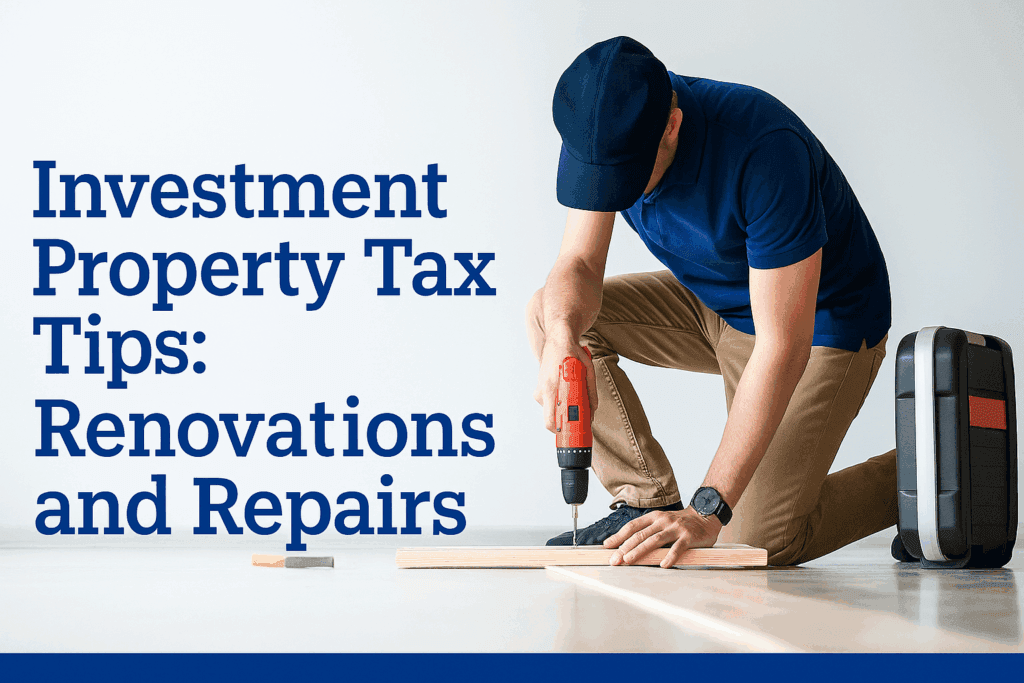Depreciation What You Need To Know
Property depreciation is one of the most powerful tools for reducing your investment property tax bill. But many investors miss out on deductions simply because they don’t understand what they can and can’t claim. In this guide, we break down depreciation into simple terms — so you can maximise your return with confidence. What Is Property Depreciation? Depreciation allows you to claim a tax deduction for the decline in value of parts of your investment property over time. This includes both the building itself and the fixtures inside it. There are two main types of depreciation: Division 43: Capital Works (e.g. bricks, concrete, roofing) Division 40: Plant and Equipment (e.g. carpets, appliances, blinds) Division 43 – Capital Works Deductions If your property was built after 15 September 1987, you can claim capital works deductions at 2.5% per year over 40 years. These apply to the structure and any eligible renovations or improvements made after purchase. Division 40 – Plant and Equipment You can also claim depreciation on assets within the property that wear out faster, like air conditioning units, hot water systems, and flooring. However, you must buy the property brand new with no previous owner. If you buy a second-hand property, you can only claim Division 40 on new items you install yourself. What Can You Claim? Brand new builds: Division 40 + Division 43 Renovated older properties: Division 43 only (unless you install new fixtures) Second-hand properties: Capital works only (unless you replace plant items) Why It Matters Claiming depreciation correctly can save you thousands in tax over the life of your investment. Tax deductions make property investing viable for everyday Australians, and depreciation is a key part of those benefits. You’ll need to buy a new property to maximise your deductions. A tax depreciation schedule prepared by a qualified quantity surveyor is often the best way to ensure you claim everything you’re entitled to. Next Steps Not sure what your property qualifies for?Book a free strategy call and we’ll guide you through what you can claim and how to structure your investment for maximum tax efficiency.








